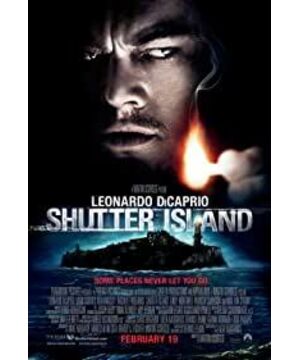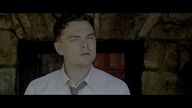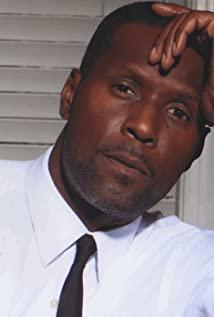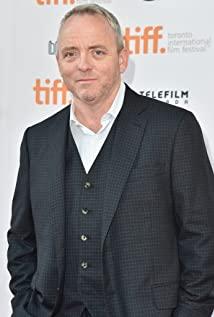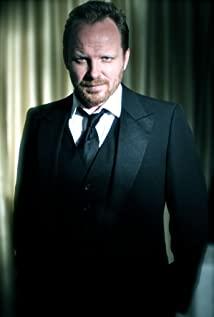In "Gangs of New York", there is also Daniel Day-Lewis pressing the table; starting from "The Aviator", DiCaprio is basically on his own; and then through the acting skills of "The Departed", to this "Shutter Island" , can be regarded as DiCaprio's one-man show, even with Ben Kingsley such a "Gandhi"-level veteran actor, DiCaprio is still in full swing, and all kinds of characters in "Shutter Island" are on the stage. All dancing around DiCaprio?
The style of the 1950s under Scorsese's guide tube is very Man, the suit leather shoes and the wide-brimmed top hat quickly recall the generation of hegemony established on the ruins of World War II. It was the beginning of the Iron Curtain. In the era when huge energy is suppressed in China, men are laughing and laughing on the surface, but they are fighting to the death behind their backs. People use "Cold War" to describe the international situation in Sri Lanka, but they don't know that these two words as adjectives are in line with the tough guy suspense style created by Scorsese in "Shutter Island". When comrade Xiaoping commented on the Chongqing negotiations, he said that the Kuomintang reactionaries used the two knives method: "Be polite on the table and kick your feet under the table" (to the effect). Throughout the entire "Shutter Island", from the perspective of aesthetic style, this is probably what it means.
"Shutter Island" has a distinct color of secret room reasoning, and the terrifying time-space structure of the island made me suspect that this is Scorsese's tribute to Hitchcock. In the first 90% of the plot, "Shutter Island" seems to be focusing on creating an image of a Hollywood lone hero who is frying. DiCaprio's federal law enforcement officer Teddy is always fighting with the doctors in the mental hospital. The looming Nazi background of the German-American doctor strongly hints to the audience: the US government is conducting an unspeakable psychological warfare experiment, and the missing female mental patient is the victim of the government's conspiracy. With the deepening of the investigation, a tragic past in Teddy's life also surfaced. The crime and Teddy's family were unfortunately linked together, forming the main narrative clue of "Shutter Island": the doctors and The police are all connected together. On this small island, these brain-controlling parties have the power to take the life and death of patients, and the sword of Shang Fang in their hands controls the right to judge and interpret "madness" - familiar with the former Soviet Union Friends in the history of political struggle must be familiar with this.
This inherits the number of ways Chinese audiences have been familiar with demonizing mental hospitals since "Flying Over the Cuckoo's Nest", especially in "Shutter Island": the inseparable combination of psychiatrists and police officers undoubtedly symbolizes the institutionalized external world repression of the individual. The Samaran-style comeback at the end of the film actually made the audience more suspicious. This ending can be understood from two completely different perspectives: First, Teddy is really crazy, and the staff on the entire confinement island worked together to perform a Cosplay show , is to cure Teddy's inner demon; Second, Teddy is not crazy, like other patients on the island, he has to admit that he is crazy in order to get humane treatment - or simply, Teddy is driven crazy.
I haven't read Dennis Lehane's original book, and just from the film adaptation of his work, Shutter Island is worse than Missing Baby, but not as good as Mystic River. The horrors of the concentration camps, the tortured Nazi prisoners of war, the unfortunate family experience, and all these factors combined, I would rather believe that Teddy is really insane. Why do you have to demonize the mental hospital? Those conscientious medical staff are undoubtedly engaged in the great cause of healing the human soul. Even if there are some black sheep, they can't slander the entire psychiatric medical cause.
In Madness and Civilization, Foucault outlines the evolution of the discourse about "madness" in European history. In fact, from shamanic psychics in primitive cultures to "humane" psychiatric treatment in the age of reason, Humans have completed the modern construction of their own subject cognition through the change of attitude towards mental illness.
I remember Li Liqun said in a lecture that the way of creating Chinese characters is very great. You see the word "mad", although it is next to the word "sick", but inside it is a big "wind" - only "wind", is truly free.
In this sense, it is Teddy who is free, and the doctor and us under the screen who are imprisoned.
(Published in Oriental Morning Post on April 8, 2010)
View more about Shutter Island reviews


